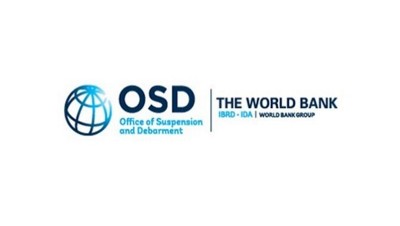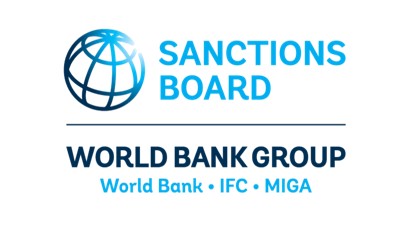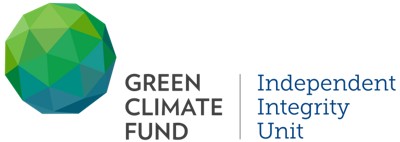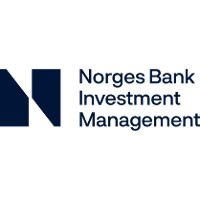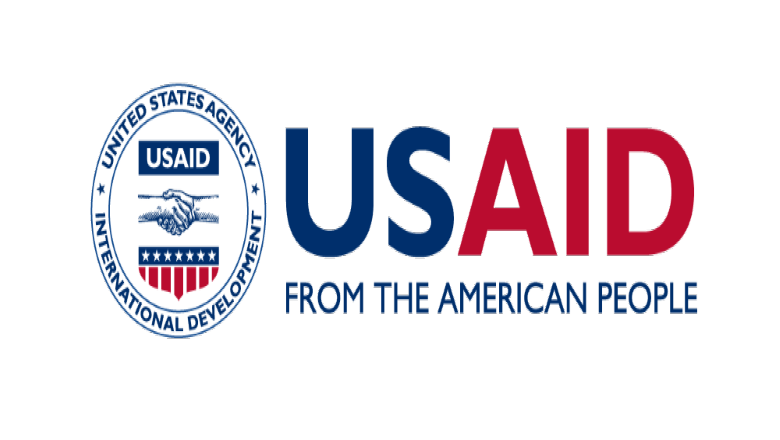Rising temperatures are driving natural disasters, extreme weather, and food and water insecurity, which can trigger economic disruption, migration, and conflict. In parallel, corruption in various manifestations is fueling the climate crisis by enabling the misuse of key natural resources and diminishing the effective mobilization and deployment of financing to achieve climate goals.
If only a fraction of the trillions of US dollars in necessary climate investments were to be lost to fraud and corruption, that would amount to billions siphoned away from vulnerable communities in need of urgent assistance. This puts in sharp focus why addressing integrity risks - with a focus on prevention and loss recovery - is critically relevant to effective climate action.
Addressing integrity in climate finance, this symposium aims to generate new ideas, research, and knowledge on the role of integrity in effective climate solutions. It seeks to study and reflect on why and how to manage integrity risks throughout climate funding and investment cycles across the private and public sectors. Further, the symposium aims to strengthen dialogue and collaboration between knowledge-producing actors and decision-makers to support a creative, efficient, and coordinated evolution of integrity and anti-corruption policies in climate finance and action.
- Overview
- RECORDINGS
- ORGANIZERS & PARTNERS
- KNOWLEDGE REPORT
- PAPERS
- RELATED
DATE: May 9 - 10, 2024
LOCATION: London, UK and Online
May 9, 2024 | 9:30 am – 11 am (GMT+1) | Opening session
Welcoming remarks: Dr. Alexandra Manea, Office of Sanctions and Debarment, World Bank & Symposium Organizing Committee
Keynote address: Rachel Kyte, Dean Emerita, The Fletcher School, Tufts University; Professor of Practice in Climate Policy, Blavatnik School of Government, University of Oxford; former WBG Vice President & Special Envoy for Climate Change
Opening remarks:
- Veerle Heyvaert, Associate Dean of Law School, London School of Economics
- Jamieson Smith, Chief Suspension and Debarment Officer, World Bank
- Michael Burger, Executive Director, Sabin Center for Climate Change Law, Columbia University
- Tim Smith, Lead Investment Stewardship Manager – Climate Change, Norges Bank Investment Management
- Gillian Caldwell, Chief Climate Officer and Deputy Assistant Administrator, USAID
- Ketakandriana Rafitoson, Vice-Chair, Transparency International
May 9, 2024 | 11:20 am – 1 pm (GMT+1)| Session 1. Linkages between integrity and climate risks
- Chair: Dr. Matthew Stephenson, Professor of Law, Harvard University Law School
- Tiffanie Chan, Policy Analyst, Grantham Research Institute on Climate Change and the Environment – The Corruption and integrity risks in climate solutions: an emerging global challenge
- Brice Böhmer, Climate and Environment Lead, Transparency International – The Climate and Corruption Atlas
- Dr. Michael Nest, Independent Expert – Climate governance in a fast-changing world: evolving patterns and contestation around finance
- Dr. Dieter Zinnbauer, Research Fellow, Copenhagen Business School – Doing integrity: fast - how to reconcile the measured pace of accountability with the speed imperative of the energy transition
- Anna Koens, Impact Manager, Journalismfund Europe - Earth Investigations Programme – The climate crisis and corruption: a narrative that leads to action
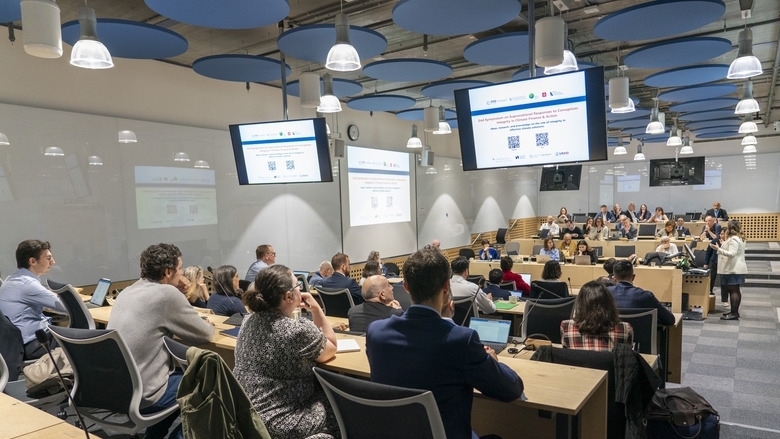
In May 2024, the 2nd Symposium on Supranational Responses to Corruption: Integrity in Climate Finance and Action (Symposium) was hosted at the London School of Economics and Political Science. The Symposium brought together 60 practitioners, academics, and relevant stakeholders from both the climate and integrity areas to discuss the potential of supranational anticorruption mechanisms to become an important tool for swiftly managing integrity risks associated with climate-related projects. The agenda for the two-day Symposium consisted of seven sessions based on 18 selected proposals following a Call for Contributions, including panels on specific integrity risks in climate, carbon markets, private investments, the role of the international financial institutions, and social accountability.
- Bacarese A, Aladrovic V, and Fariello F (2024) Combating Corruption and Integrity Risks in World Bank Group Climate Solutions: How the Sanctions System and the Integrity Vice Presidency Support the Bank's New Vision for a World Free of Poverty - on a Livable Planet
- Koens A (2024) The nexus of the climate crisis, corruption and lack of integrity: establishing a narrative that leads to action. Investigative journalists' take
Date: May 09 - 10, 2024 ET
Location: London, UK, online

